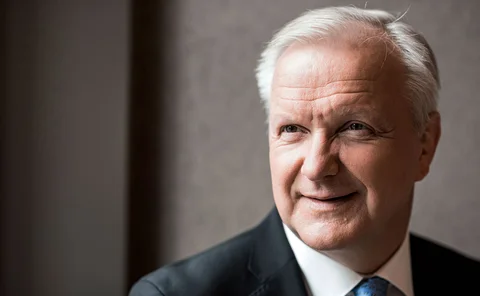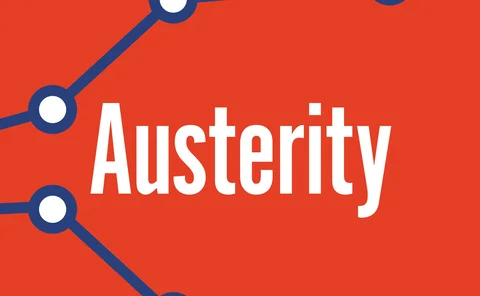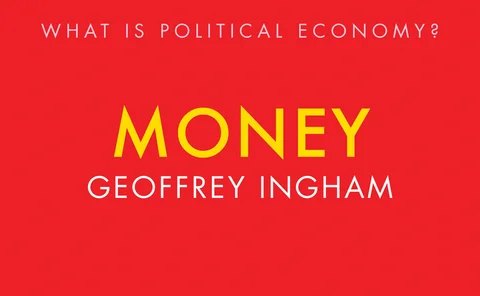Economics
Agent-based models remain rare among economics departments
Economics Benchmarks 2020 highlights the varied applications of different model types at central banks
Eurozone unemployment falls slightly
Unemployment falls to 8.4%, but youth joblessness is much higher at 18%
Income levels have little bearing on economics staffing
European central banks have on average more staff in statistics; non-European institutions have more research economists
Central banks tend to mix research with policy functions
Institutions deploy a wide range of different governance frameworks when it comes to research
Semi-structural models are the forecast weapon of choice
Flexible modelling approach comes out on top; around half of central banks include a financial sector
Olli Rehn on AIT, market neutrality and EU fiscal policies
The Bank of Finland governor talks about the ECB’s strategy review, market failure on climate change, lessons from the sovereign debt crisis, and the Draghi legacy effect on Covid-19 responses
Brainard criticises Fed’s diversity efforts
Lack of diversity is holding back the economics profession, says senior Fed official
US Senate rejects Shelton for Fed job
Republicans fail to muster enough support for controversial candidate, but second vote is possible
Eurozone’s ageing is lowering interest rates – BoI paper
Natural real interest rate is likely to reach its lowest point around 2030, researcher finds
ECB paper looks at interest rate-growth differential
Several factors are likely to push differential up for some eurozone countries, say researchers
Book notes: Austerity, by Alberto Alesina, Carlo Favero and Francesco Giavazzi
When it works and when it doesn’t; every chapter is thorough, informative and persuasive
Maggiori, Neiman and Schreger on capital flows and Covid-19
The Global Capital Allocation Project sheds light on where vulnerabilities may lie
Bank of Italy paper compares US recession-forecasting methods
Measure of uncertainty out-performs even yield curve in short term, researchers say
ECB paper presents new measure of underlying inflation
“PCCI” measure does not exclude HICP items and gives timely notice of turning points, authors say
Fed’s Covid-19 response drove euro’s appreciation – ECB paper
Effects of QE on exchange rates are comparable to conventional monetary policies, researchers find
Information drives transatlantic policy spillovers – ECB paper
Tighter ECB policy often causes financial easing in US due to “information effect”, researcher argues
Central bank refinancing greatly lowers banking risk – ECB paper
Paper uses data on post-crisis eurozone to calculate effects of refinancing rate on risks facing banks
Samuel Brittan (1933–2020): A master of his trade
Robert Pringle looks back at the life of Samuel Brittan, the economic journalist and adviser to Central Banking
Book notes: Money, by Geoffrey Ingham
The incompatible theories of money: Ingham reveals the fundamental clash of ideas that shape the environment in which all central banks operate
Milgrom and Wilson share economics Nobel Prize
Auction theorists win this year’s prize for discoveries “of great benefit to society”
Austrian paper estimates effects of European helicopter money
Researchers use data on likely consumption of windfall income from survey of 17 European countries
RBI appointments clear way for delayed MPC meeting
Three new officials will start setting Indian monetary policy this week
Machine learning algorithms could increase ethnic bias – research
Technology makes loans more likely for US ethnic minorities but increases interest rates, paper finds
Beyond climate: addressing the ‘E’ in ESG
Environmental degradation raises fundamental questions about how central banks think about risk; efforts to expand focus beyond climate risks now under way

















